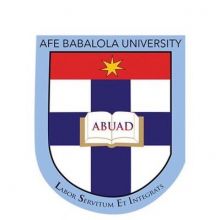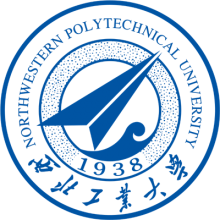
Since beginning a part-time master’s in arts and cultural management at King’s College London last September, I have often been asked what my schedule looks like and if I would recommend it. Although balancing commitments can be challenging, I would definitely advise considering studying part time. Here are some of the benefits:
1. Time to gain professional experience alongside studying
During term-time, I have classes on two days each week, which gives me time to study independently and work. I also manage communications for Student Hubs, a charity that supports social action at UK universities. My job uses and develops my practical skills, complementing the management and marketing theory covered in core modules.
By balancing responsibilities, I get to lead projects as part of a great team and spend afternoons studying in the library. The summer break between the first and second year of the course also meant that I had additional time to volunteer and gain work experience with cultural organisations, which benefited my research and expanded my professional network.
2. More time to develop research interests
I have a broad range of research interests, including cultural memory, gender in contemporary media, the social impact of cultural activities, marketing and organisational management. Completing my MA over two years gives me more time to explore these areas and decide on a dissertation topic.
Four tips to manage your part-time postgraduate course
How to write a master’s application
How do I choose a master’s?
3. Being part of the institution for multiple years
A significant benefit of a part-time postgraduate course is having more time to build relationships with your personal tutor and other staff in your department. It also means longer-term access to research facilities and other forms of support, such as the careers service and the disability advisory service.
4. Flexibility to live outside London (or another university city)
Although it would be convenient to live near campus and the Student Hubs London office, I live on the Sussex coast. Commuting is not always easy, but I appreciate the countryside and calmer atmosphere of where I live. Being outside the city means that I can be closer to family and some friends, while saving money. I did not originally envisage moving back home, but I am lucky to have supportive parents who I get along with and a job that I can do remotely.
If you are trying to figure out how to make studying for a master’s financially viable, I recommend looking into options near family or in cheaper cities.
5. Making friends and connections across two programme cohorts
So far, one of my favourite elements of my postgraduate experience has been meeting fellow students from across the world. The culture, media and creative industries department at King’s attracts people from diverse backgrounds with a range of academic and professional experiences. It has been interesting to get to know course mates from countries including China, France, Mexico, Norway, Portugal and the US.
I have made friends who I will keep in touch with and I am looking forward to getting to know this autumn’s new cohort of students, while still having the company and support of a few other part-time students.
Molly Whyte is a part-time student in MA arts and cultural management at King’s College London.
Read more: should you study for a postgraduate degree or join the workforce?























Have your say